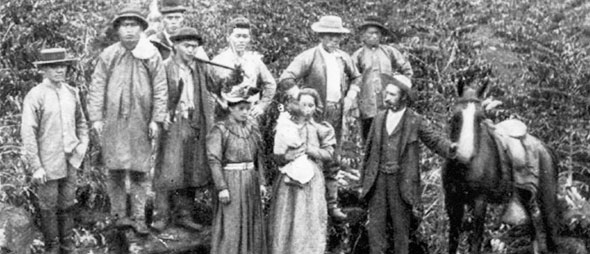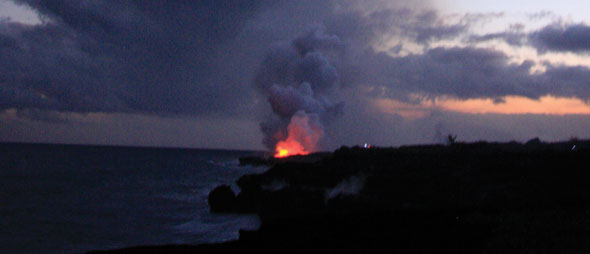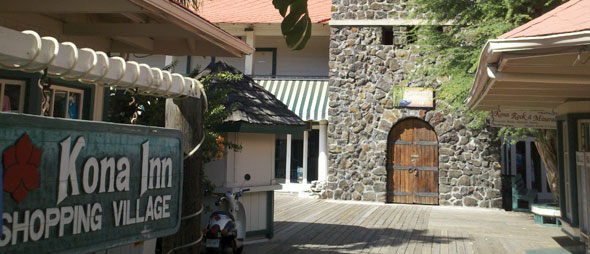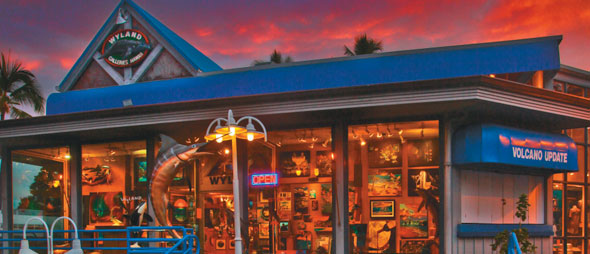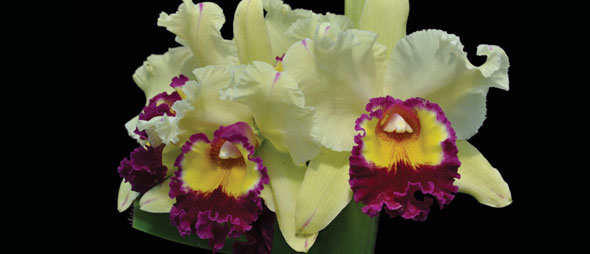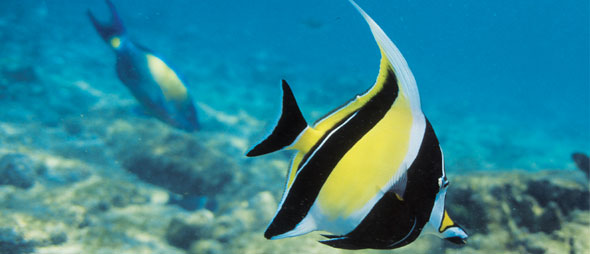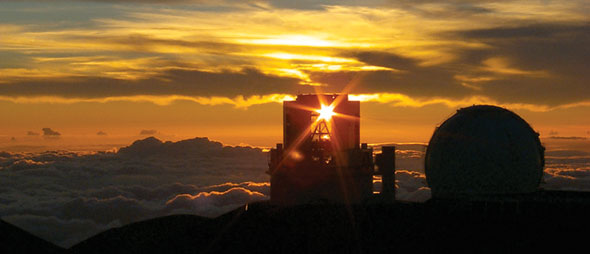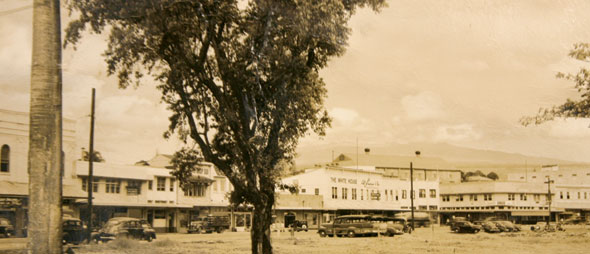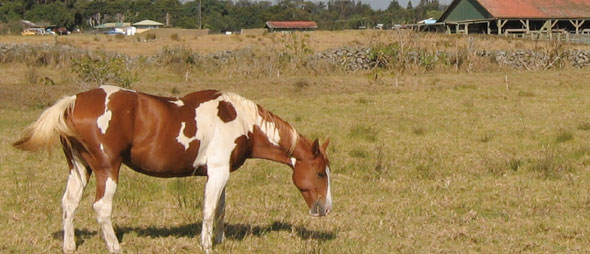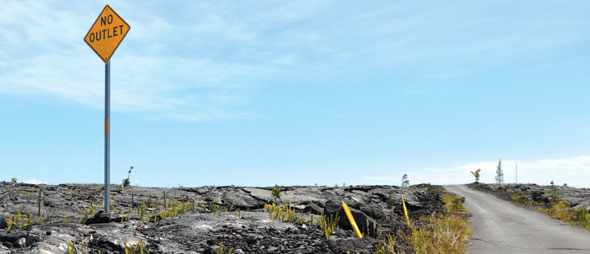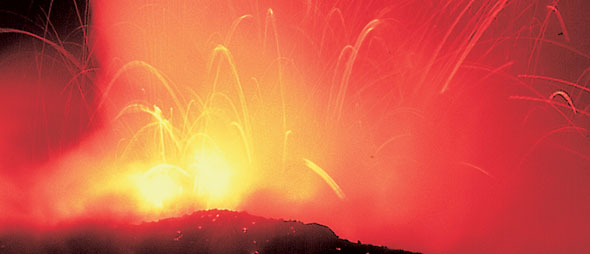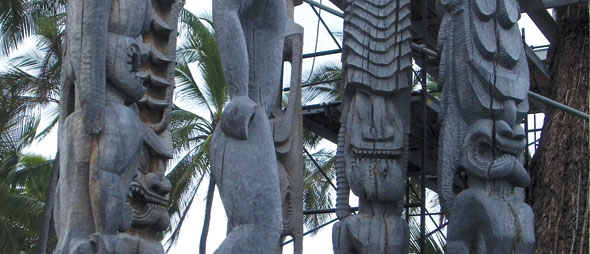Big Island Articles
Extreme Sightseeing
by Lois Whitney
Before you leap off a cliff-top platform onto a 1,000+-foot- long cable, or don a buoyancy control device (BCD) and reg- ulator to submerge for a night dive with manta rays, make sure you’re well-prepared and in good hands. Physical ability is important to keep in mind when choosing the level of excitement that’s right for you, but even those with limited mobility can safely enjoy a number of activities that offer an incredible adrenaline rush– and fun!
A Breid History: Coffee
In 1813, during the last years of the reign of Kamehameha I, the Spaniard Don Francisco de Paula Marin introduced coffee plants to his exuberant gardens on O’ahu. It wasn’t long before others started planting the pretty ornamental as well. In 1828, missionary Samuel Ruggles brought cuttings from O’ahu to his land in the Kona District south of Kailua, where he was stationed. Coffee prefers shade and dry, cool summers. It did well on Hawai’i Island’s southwestern volcanic slopes, where clouds sweep in during the afternoons, and ocean breezes temper the sun. Within a few years, coffee began its ascent as a commercial crop, grown for its brew, from Kona to Ka’u- and in Ha- makua as well. In 1892, coffee’s pioneers introducoffe-2 ced a new variety of coffee bean from Guatemala, Typica. Belonging to the Coffee arabica species, this cultivar showed enormous promise and is still used today.
Molten Mystery
by Lois Whitney, photos by Joey Corcino
Alot can happen in 30 years. Babies, careers, marriages – many milestones mark the passing of time between the bookends of three consecutive decades. But for a volcano like Kilauea, such an epoch just barely scratches the surface of history.
Historical Kona Inn Shopping Village
Many years ago, Papa ‘ Ula (papa = flat, ula`ula = red, red flats), was an area that contained a Hawaiian sacred temple (heiau) built under Chief Umi, a ruling chief of Hawaii Island. The temple was once used as a temple of human sacrifice (luakini heiau) as recently as the 15th century.
Wyland Oceanfront Gallery
by EmJay Aitch
In the heart of historic Kailua-Kona town, just past the Farmers’ Market and directly across from St. Michael’s Catholic Church, there’s a delightful landmark called Waterfront Row.
Orchids From Hawaii
Many people think of Cattleya Orchids as the standard and that they are endemic to Hawaii,” says Mr. Moriyasu Akatsuka of Akatsuka Orchid Gardens, also known as “Mr. Orchid” of the Big Island. Although there are many species of orchids, there are only four that are endemic to Hawaii.
Kona’s Undersea World
The waters that surround Kona’s general geographic area are truly abundant with sea life. The easiest way (and some consider the most fun) to enjoy viewing the splendor of Kona’s underwater world is via a GLASS BOTTOM boat.
The King’s Heiau
As many know, the Hawaiian Islands were first unified through King Kamehameha I. Many, however, do not know the significance of the Heiau at Pu`ukohola on the Big Island of Hawaii. The remains of the Heiau (temple, more directly “spiritual place”) at Pu`ukohola are currently a US National Historic Site. Pu`ukohola, or hill of the whale, is named as it appears like a whale’s tail from below.
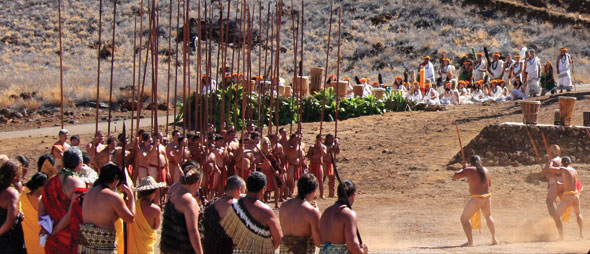
Click on the image to read more
Mauna Kea
by Jeanette Foster
Wright, the first licensed guide to take people up to the top of the Mauna Kea, the world’s tallest mountain when measured from the base, and an astonishing 13,796 feet when measured from the sea, fell in love with this often-snow capped peak the first time he saw it.
Historic Hilo
by Jeanette Foster
Archeologists can trace Hawaiian peoples to this verdant area back to 1100 A.D., especially the vicinity around Hilo Bay and the Wailuku River. When the missionaries arrived in 1824, they too settled close to the river, as Hilo began to grow in response to the number of whaling ships and other ships of com- merce arriving at Hilo’s new port.
Waimea
By Jeanette Foster Photos courtesy of Jim Zampathas
Just say the word “Hawaii”, and most people think of white sand beaches, gentle rolling surf and waving palm trees. While the imagery for the islands is accurate, picturesque rural communi- ties are also found – such as Waimea (aka Kamuela) – which is just a short, 15 minute drive from the beautiful beaches of the Big Island’s Kohala Coast.
A Study In Contrasts
Story and photos by Lois Whitney Bisquera
On the Big Island, diversity is everywhere. It vascillates between boiling and freezing, barren and lush, ancient and cutting-edge. It’s a sightseeing extraganza, one which rewards the persistent with a fascinating tour de force.
Volcanoes National Park
by Jeanette Foster
Don’t leave the Big Island without seeing the “Greatest Show on Earth” the erupting Kilauea volcano, in the Hawaii Volcanoes National Park, which has been putting on a spectacular live show of fiery red rivers of molten lava since January 3, 1983.
Extreme Sightseeing
by Lois Whitney Bisquera Photos courtesy of: BIEA II, Dahana Ranch, Paradise Helicopters, Torpedo Tours
For some, the perfect day would entail shopping, beach bumming and a sunset dinner. But for others looking to amp up their visit with some excitement, a bit of physical challenge and perhaps getting a little wet, the list of things to do on the Big Island is endless. Here are a few enticing suggestions, as well as some practical considerations.
Museums & Other Must-see-ums
By: Paula Thomas Photos provided by Joey Corcino and Chris Morakis
From Hawaiian hula performances to Portuguese bread- making demonstrations, the Big Island serves up culture throughout the island. The local style is casual and comfortable; sometimes a cultural experience can be simply just a conversation away.


